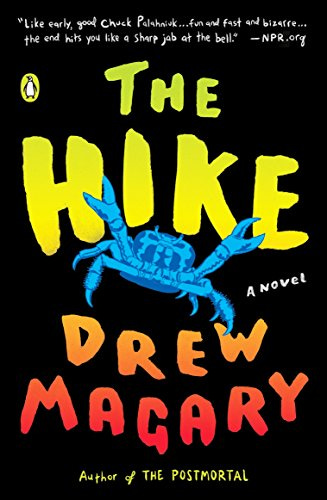🎼 How do you solve a problem like Ma-meeeeeetiiiiings?
Many have thought about it, many have come up with certain strategies to combat the dreaded M-word, but few have figured out how to completely squash them.
I’m putting the finishing touches on my live webinar for O’Reilly titled “Protecting Your Schedule,” on 5/5 (and later in the year), and am still scratching my head to determine if there’s a “one size fits all” approach to combatting meeting overload. Especially in a remote environment, how do we give focus time while also ensuring folks have the resources and conversations available to succeed?
Shopify led the charge earlier this year, killing off “every recurring meeting with three or more people,” but from a Hacker News thread, this wasn’t the first time they’ve done so. If I’m reading that correctly, Shopify previously killed these sorts of meetings, but like a zombie from the grave, the meetings came back to life.
The numbers are impressive. 322,000 hours of meetings they were able to scrap with the initiative, but if there’s no additional training, culture shift, or overall change in attitude toward meetings, was it worth it in the first place?
Harvard Business Review walked through “The Psychology Behind Meeting Overload,” in 2021. It walks through many of the reasons companies or individuals get into this rut. Their point around “pluralistic ignorance” was new to me, but something I’d felt previously. HBR defines it:
Pluralistic ignorance refers to a phenomenon whereby even though we’re all experiencing the same thing, we assume that other people don’t feel the same way about it as we do. This bias leads us to continue to schedule and attend meetings even when everyone secretly agrees that they’re useless, because we assume we’re the only one who thinks so.
Agenda Theater
The authors, Ashley Whillans, Dave Feldman, and Damian Wisniewski, have more notes on HBR about meetings. Each one is increasingly fascinating and gives me something new to think about. Here’s a new term to know from the same authors, “agenda theater.”
agenda theater: They sink time and effort into agendas that create the appearance of effective meetings, without actually improving how meetings are run.
I cringed when I read this and had to review my best practices. Reading further, they outlined 5 key factors to think through to avoid agenda theater:
Start with the why
Move on to the what
Think about the who
Don’t overdo the how
Be careful with the when
Agendas help, but as with all things, tying yourself strongly to them does not a good meeting make.
Startups to the rescue?
Startups like Ro.am cite stats about shorter meetings through their software (8-minute and 30-second average meeting time). The fact that Clickup has a post on 25 meeting management tools (twenty-five!) further highlights that companies are trying to solve this problem. The list of SaaS is growing, but will we ever fully solve the root cause for all of this?
Meetings aren’t all doom and gloom, after all sometimes that’s where the best memories for folks are created, but we need to become more critical and defensive with our calendars. We need to attack the problem together.
How do you approach your week and your schedule? Are you in control? Or do you wait for someone else to fill it up?
A few other questions I’ll be asking in my webinar (yes, a meeting about meetings):
What meeting this week can you say no to?
What meeting can you delegate to someone else?
What meeting can you delete and no one would miss?
When was the last time you talked about your company’s meeting culture?
If you could only pick three meetings to attend this week, which would they be and why?
What is your goal for the meeting?
Looking back a week from now, will you be happy you spent time on that meeting?
Let me know below what you’re doing to protect your schedule this year.
What I Found Helpful This Week:
The Age of the Crisis of Work - Harper’s Magazine
The State of Organizations 2023: Ten shifts transforming organizations - McKinsey
Engineering Culture, Trust, and Accountability - Emily Dresner
What 99% of Founders Get Wrong With Their Forecasts - Pete Sena
How skill-based talent management boosts productivity and fairness in the workplace - World Economic Forum
Inside Etsy’s Multi-Year DevEx Initiative - Abi Noda
What I’m Reading: The Hike - Drew Magary
A foul-mouthed crab, seeds that turn into iron towers, and a business trip gone wrong, I have no idea what awaits me at the end of this book. I found it when looking for humorous books in the fantasy genre, and Drew Magary continued coming up on lists. Halfway through it’s hard to know whether to recommend it, but we shall see where The Hike ends up.
As always, let me know below if you have any thoughts, questions, or comments!




